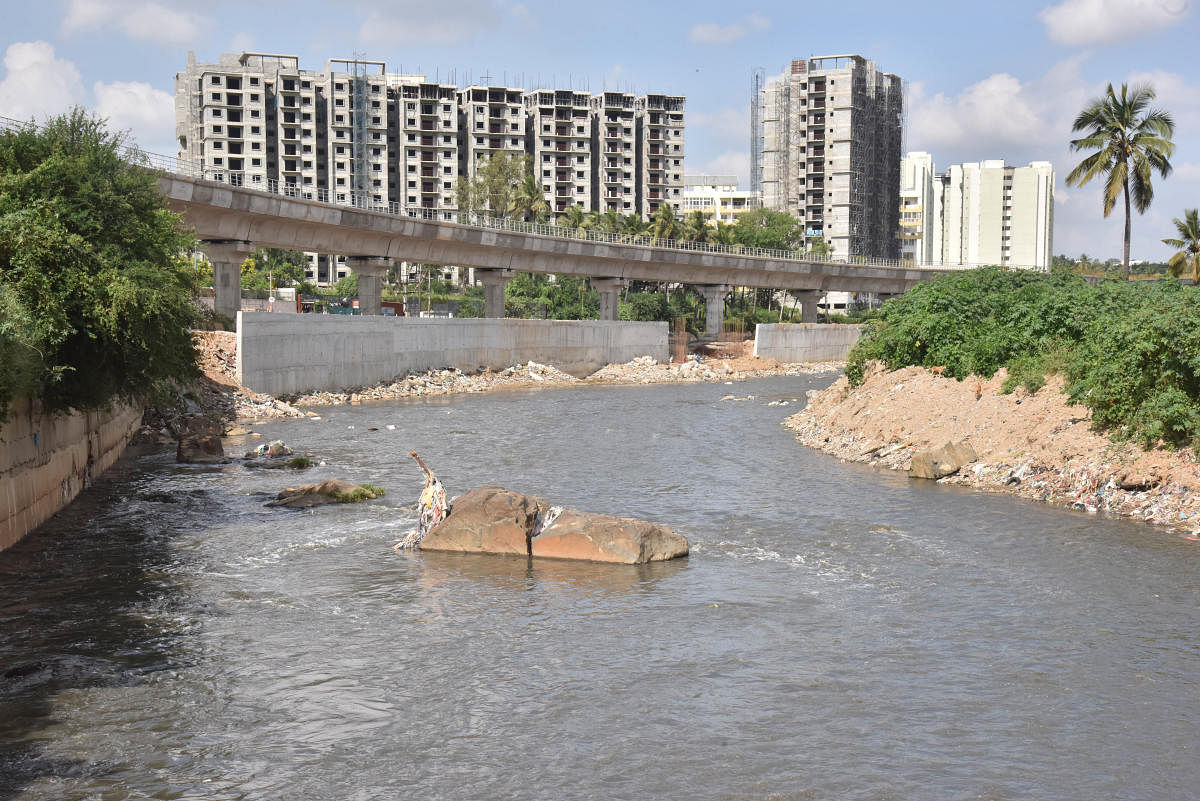KSPCB: In action, or just another eyewash?

In 2019, the Karnataka State Pollution Control Board (KSPCB) came up with an action plan to control pollution in Peenya Industrial Area, where the Vrishabhavathi actually originates. It also identified significant polluting industries in the area, tanks being polluted, existing infrastructure facility to treat effluents in the area and other factors.
The concept note for the plan identified that missing sewerage links from the industrial areas are leading to Shivapura, Karihobanahalli, Dasarahalli tanks located in Peenya Industrial Area and finally into stormwater drains leading to Vrishabhavathi Valley.
The 274-page action plan showcases the vast knowledge and the data the KSPCB has accumulated over the years and its awareness of the issues surrounding industrial pollution, including analyses of water quality from the stormwater drains leading to Vrishabhavathi from the area.
It also proposes action points, such as water quality audit, technological up-gradation, strengthening underground sewerage network, rejuvenating lakes in the belt and more. However, as the city was struck by Covid-19 gloom at the end of 2019, how much of these have translated into action is anyone's guess.
The KSPCB formed a citizens' committee last month on Vrishabhavathi, headed by the KSPCB Member Secretary and included a representative from the Confederation of Real Estate Developers’ Association of India (CREDAI), a wastewater expert nominated by the KSPCB Chairman, and a representative from Namami Vrushabhavathi Foundation.
The committee reportedly even decided to deploy night patrol vehicles to identify those discharging effluents. However, activists say the coordination between various departments, which is crucial for a task like reviving a river, has remained elusive.
Deccan Herald is on WhatsApp Channels| Join now for Breaking News & Editor's Picks